The hacks are back
/We ran the first geoscience hackathon over 7 years ago in Houston. Since then we’ve hosted another 26 subsurface hackathons — that’s 175 projects, and over 900 hackers. Last year, 10 of the 11 hackathons that Agile* facilitated were in-house.
This is exciting. It means that grass-roots, creative, high-speed collaboration and technology development is possible inside large corporations. But it came at the cost of reducing our public events… and we want to bring the hackathon experience to everyone!
So this year, as well as helping execute a dozen or so in-house hackathons, we’ll be running and supporting more public hackathons too. So if you’ve been waiting for a chance to learn to code or try a social coding event, or just hang out with a lot of nerdy geoscientists and engineers — here’s your chance!
May: Geothermal Hackathon
The first event of the year is a new one for us. We’ll be at the World Geothermal Congress in Reykjavik, Iceland, in the last week of April. The second weekend, 2 and 3 May, we’ll be running a hackathon on machine learning for geothermal subsurface applications. Iceland is only a short flight from the rest of Europe and many places in North America, so if you fancy something completely different, this is for you! Find out more and sign up.
[An earlier version of this post had the event on the previous weekend.]
June: Subsurface Hackathon (USA)
We’re back in Houston in June! The AAPG ACE is there — clashing with EAGE unfortunately — and we’ll be holding a (completely unrelated) hackathon on the weekend before: 5 to 7 June. Enthought is hosting the event in their beautiful new Houston digs, and Dell EMC is there too as a major sponsor. The theme is Tools… It’s going to be a big one! Find out more and sign up.
We are running two public Python classes before this event. Check them out.
June: Amstel Hack (Europe)
The brilliant Filippo Broggini (ETHZ) is running a European hackathon again this year, again right before EAGE — and therefore the same weekend as the Houston event: 6 and 7 June. The event is being hosted at Shell’s Technology Centre in Amsterdam, and is guaranteed to be awesome. If you’re going to EAGE, it’s a no-brainer. Find out more and sign up.
We are also running a public Python class before this event. Check it out.
That’s it for now… I hope you can come to one of these events. If you’re just starting out on your technology journey, have no fear — these events are friendly and welcoming. If you can’t make any of them, don’t worry: there will be more in the autumn, so stay tuned. Or, if you want help making one happen at your company, get in touch.







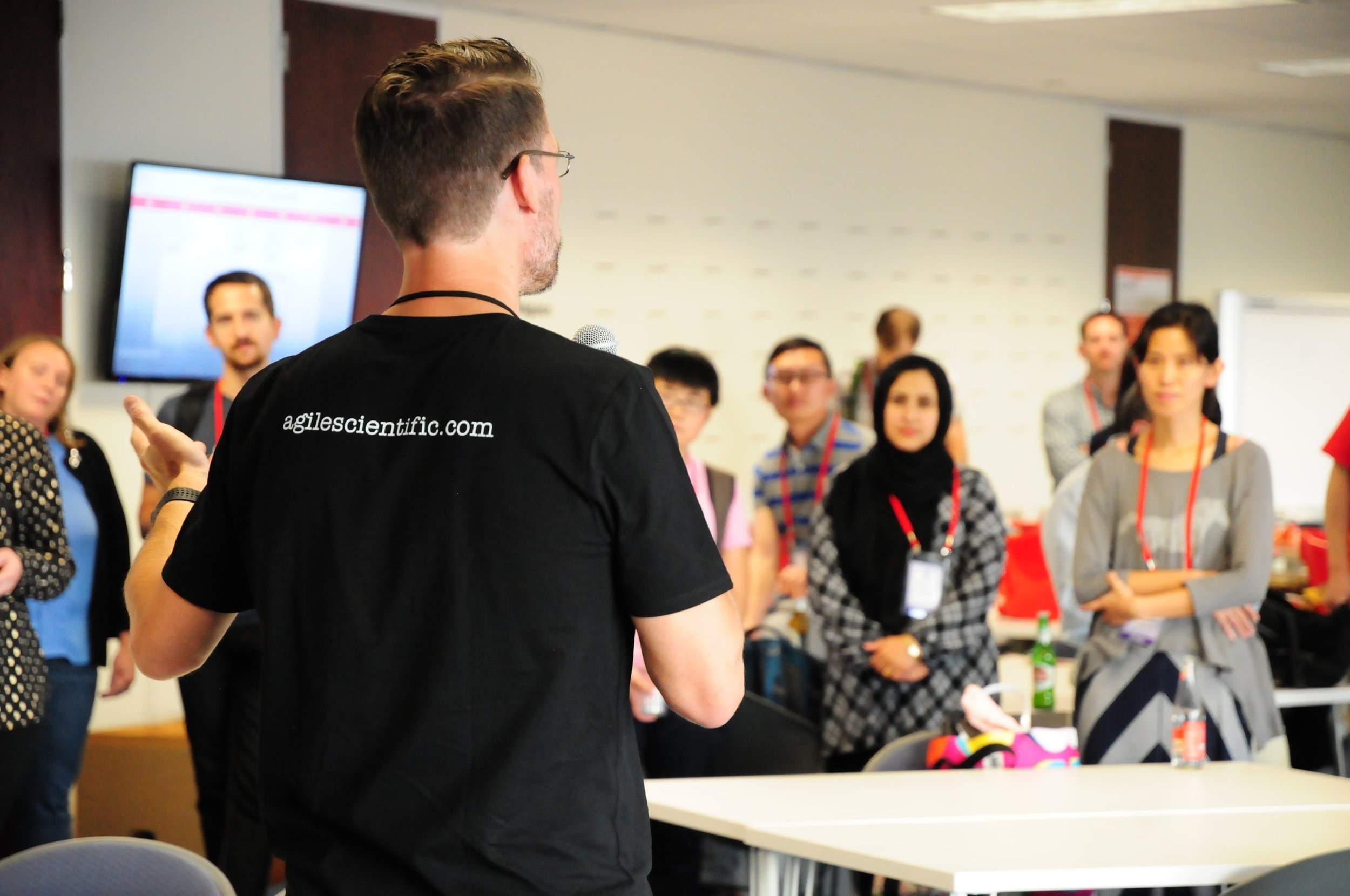
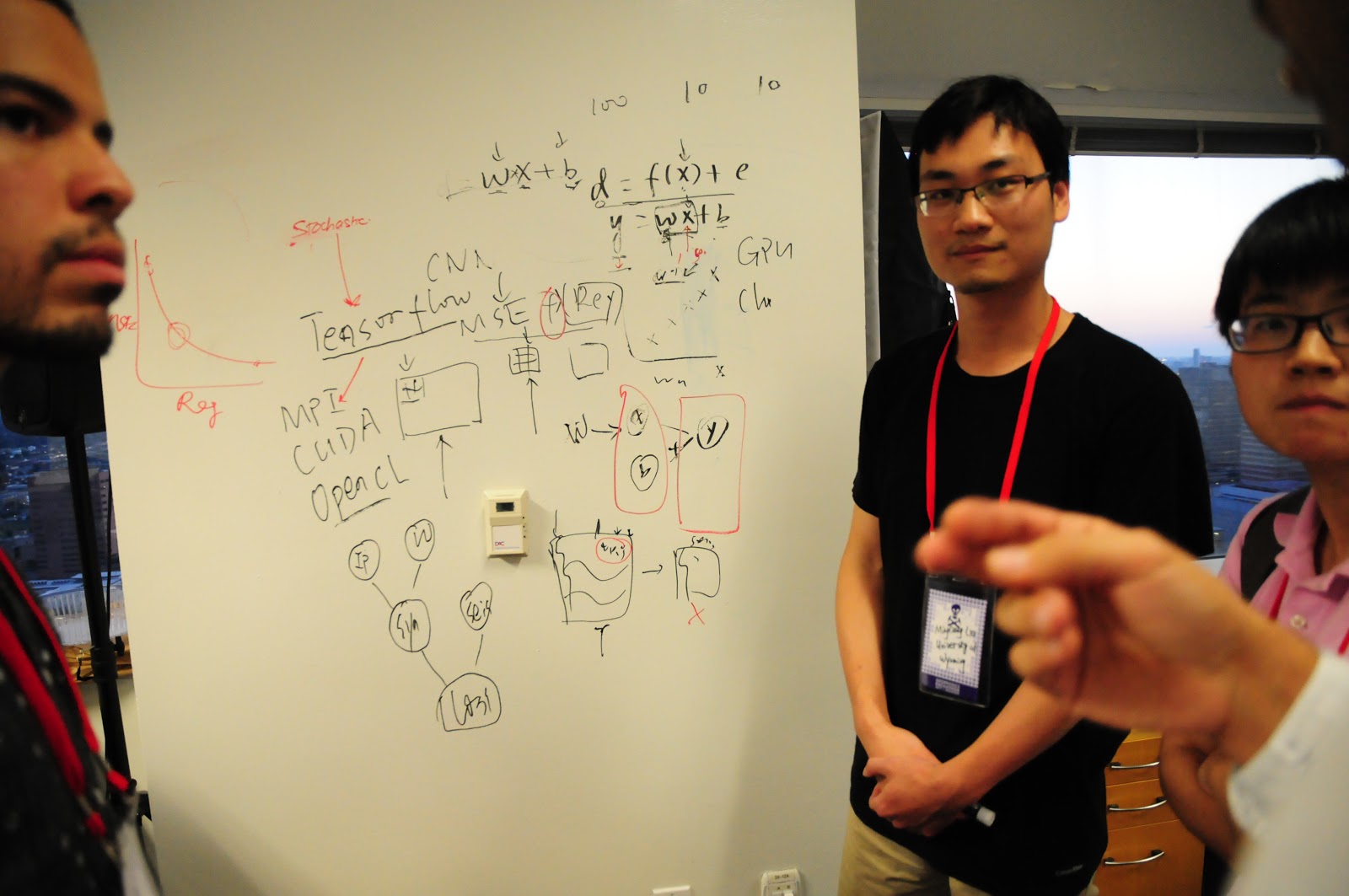
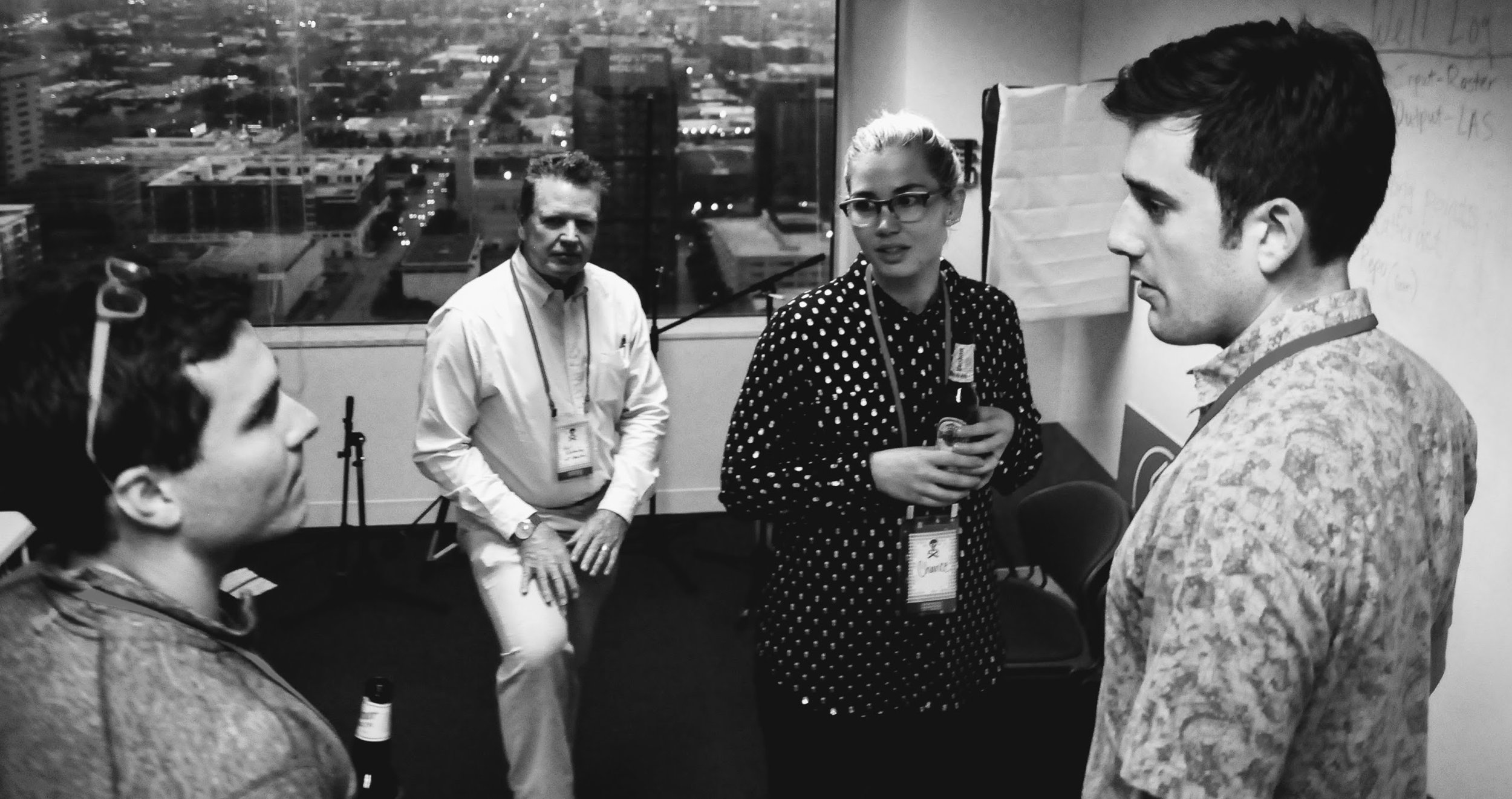
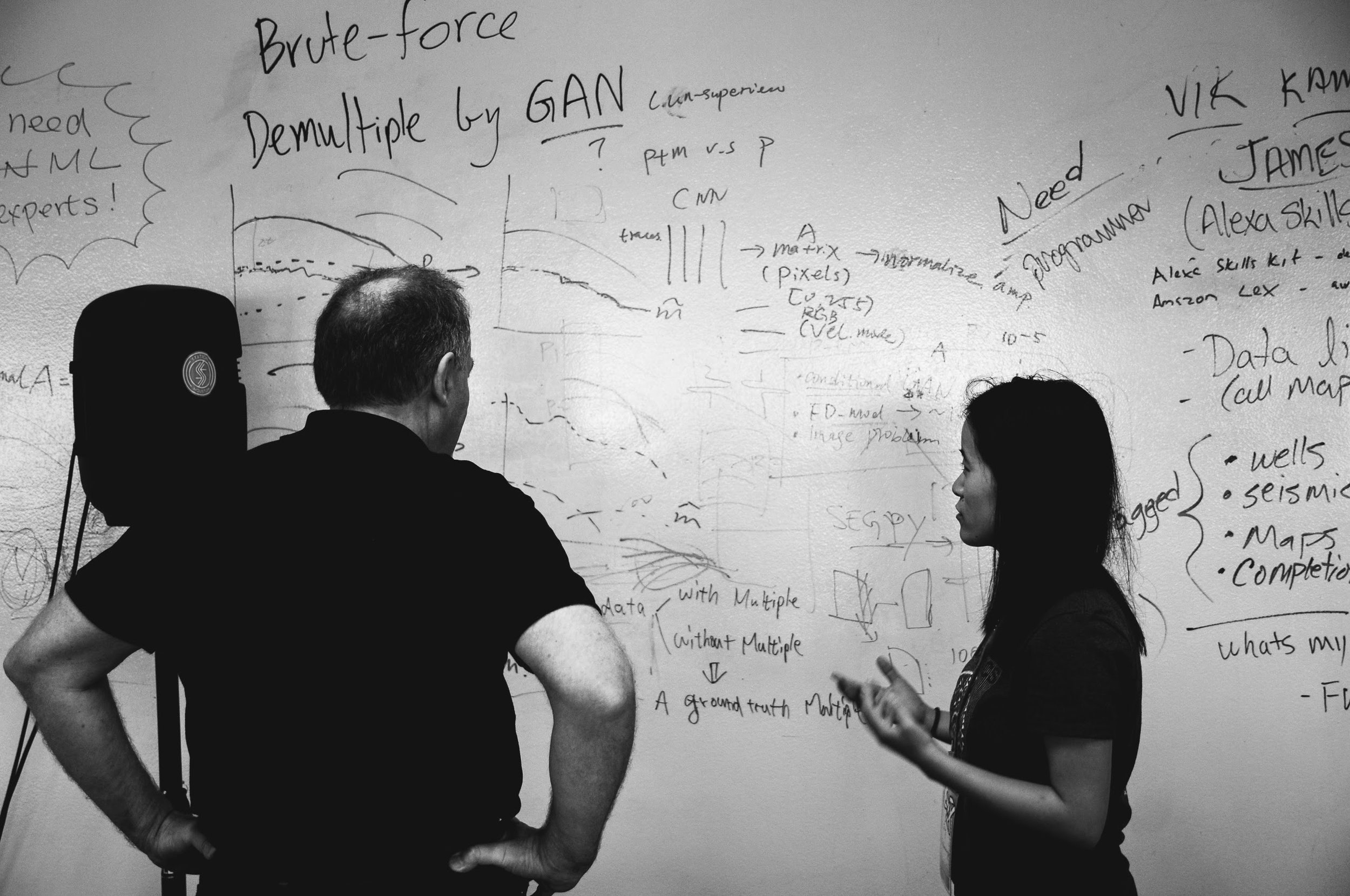
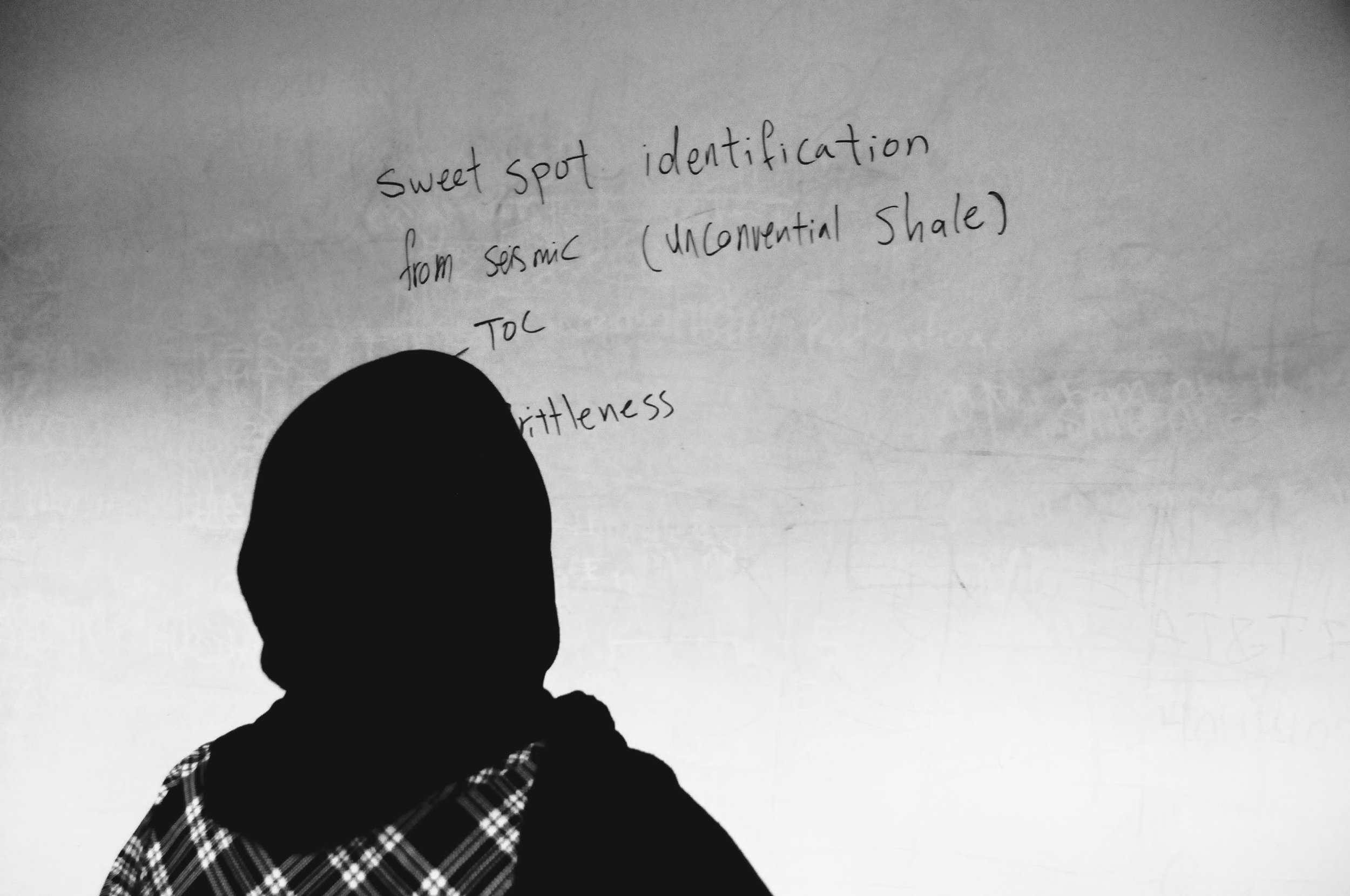
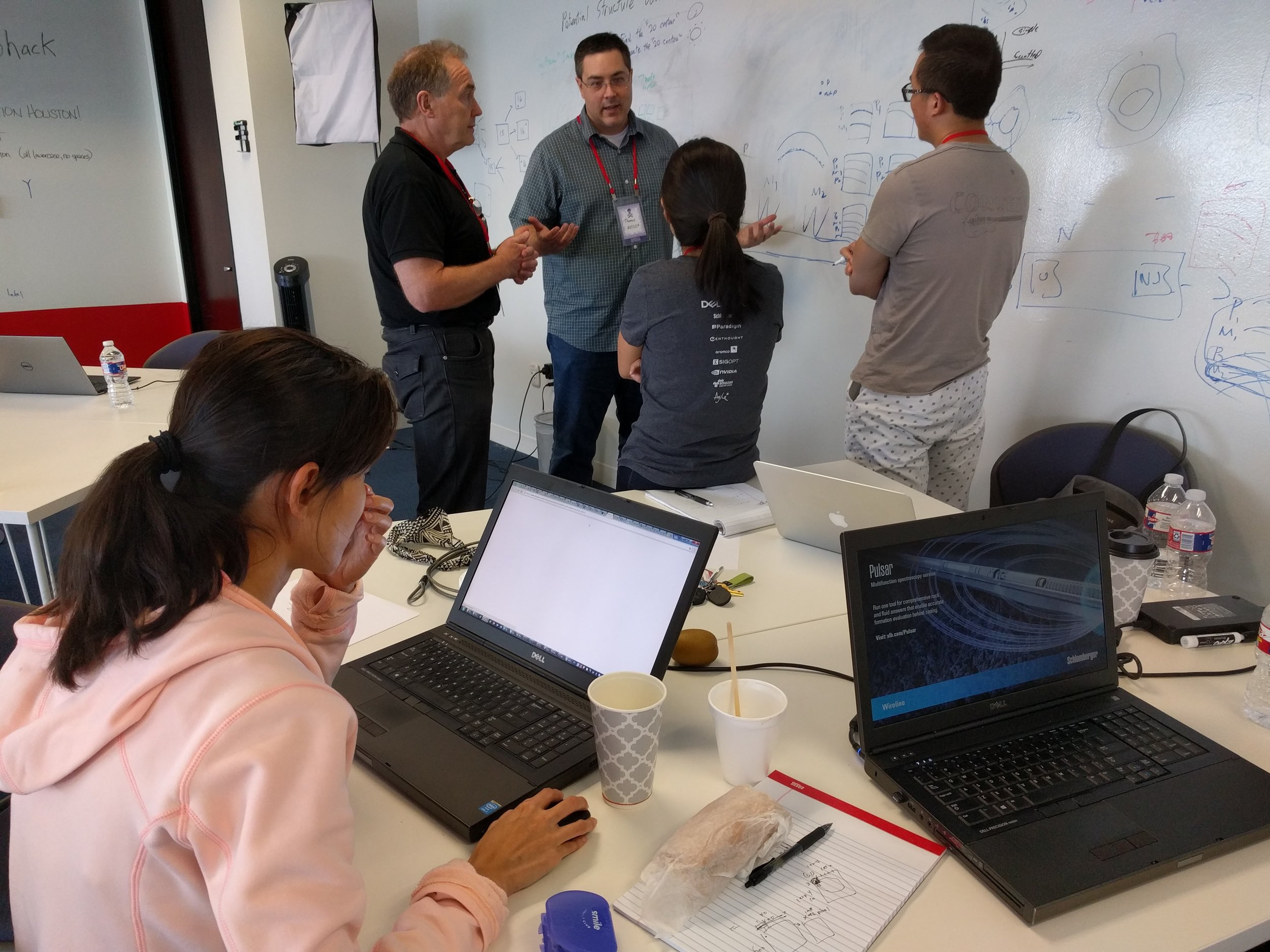
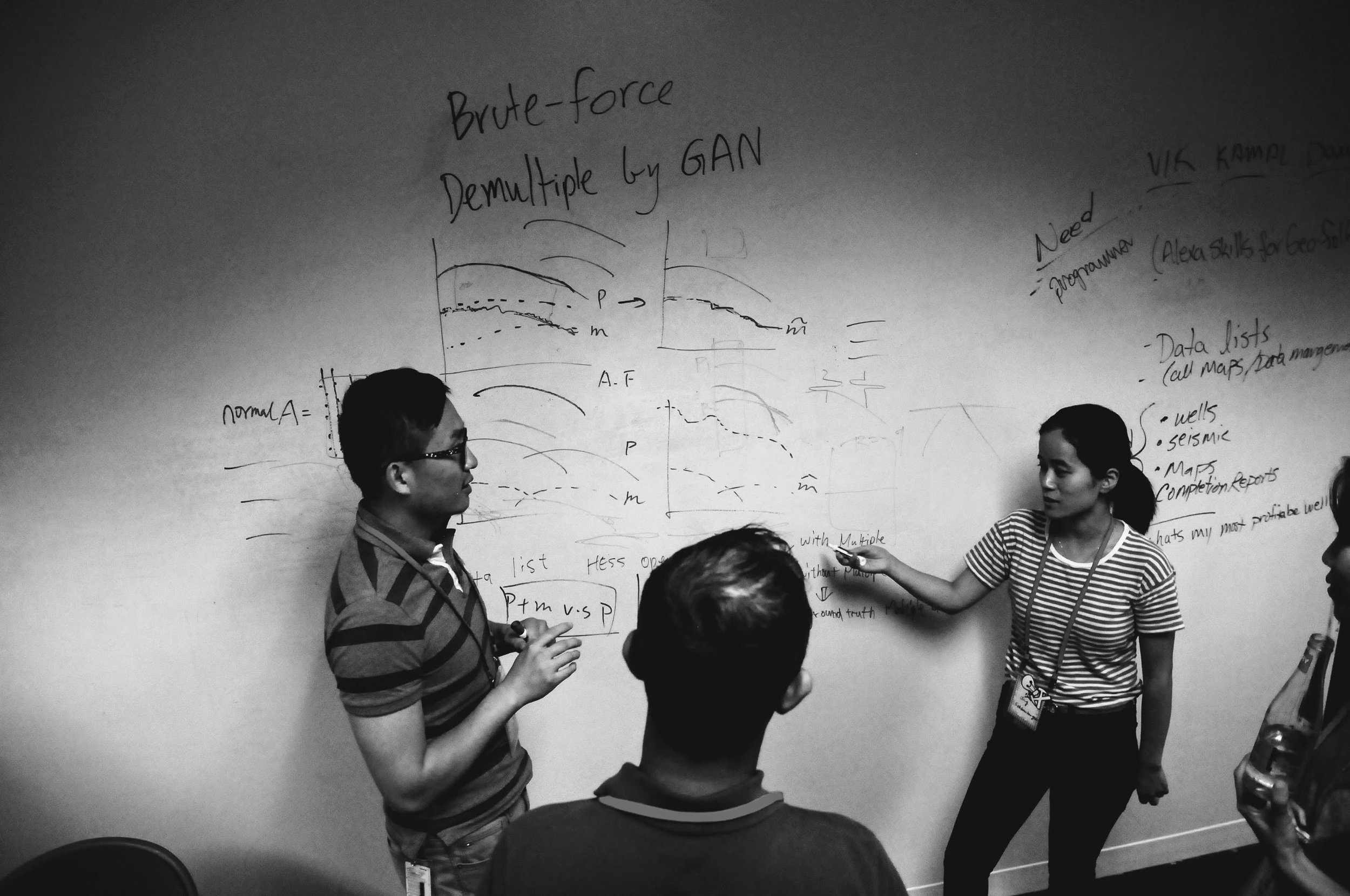
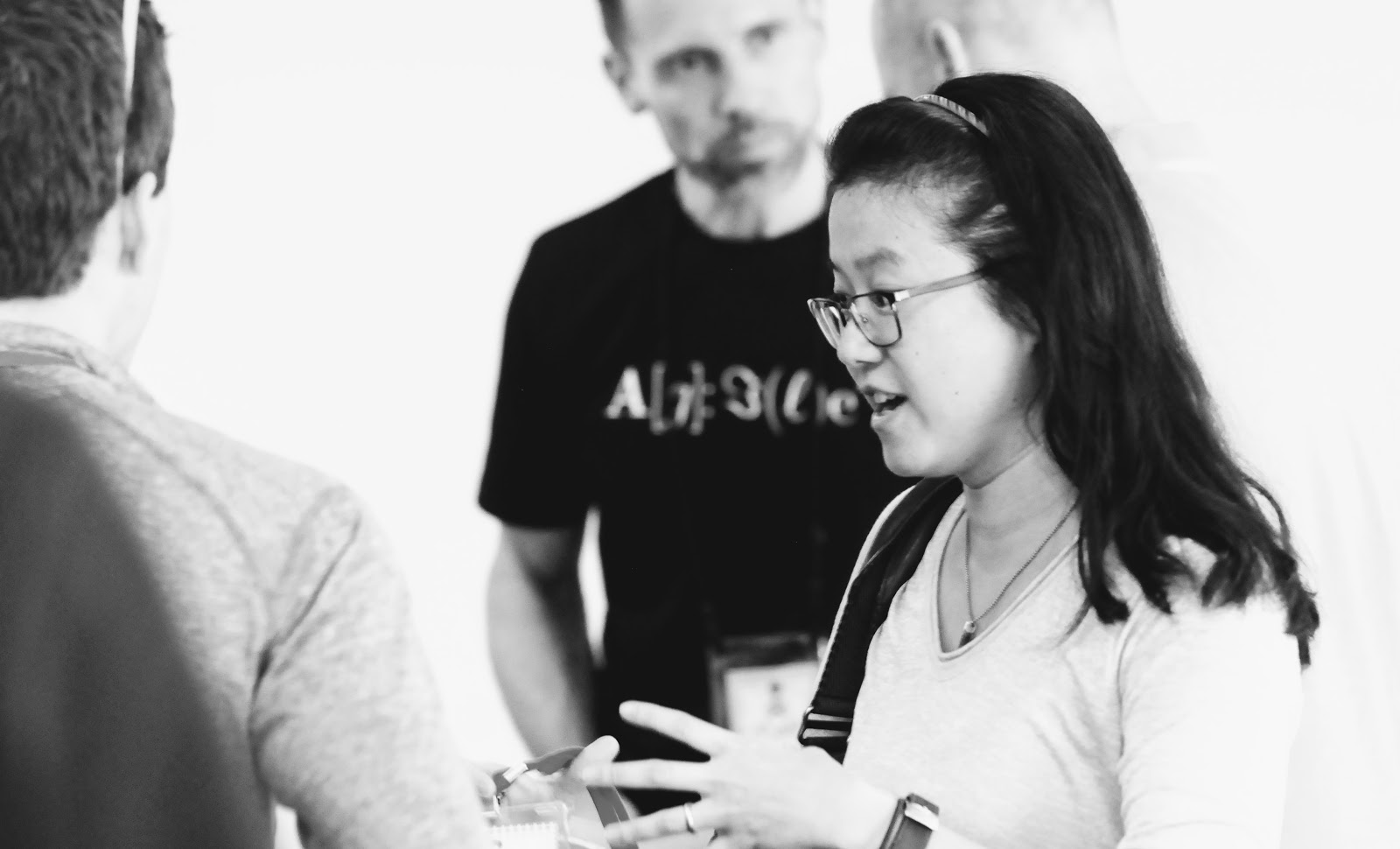
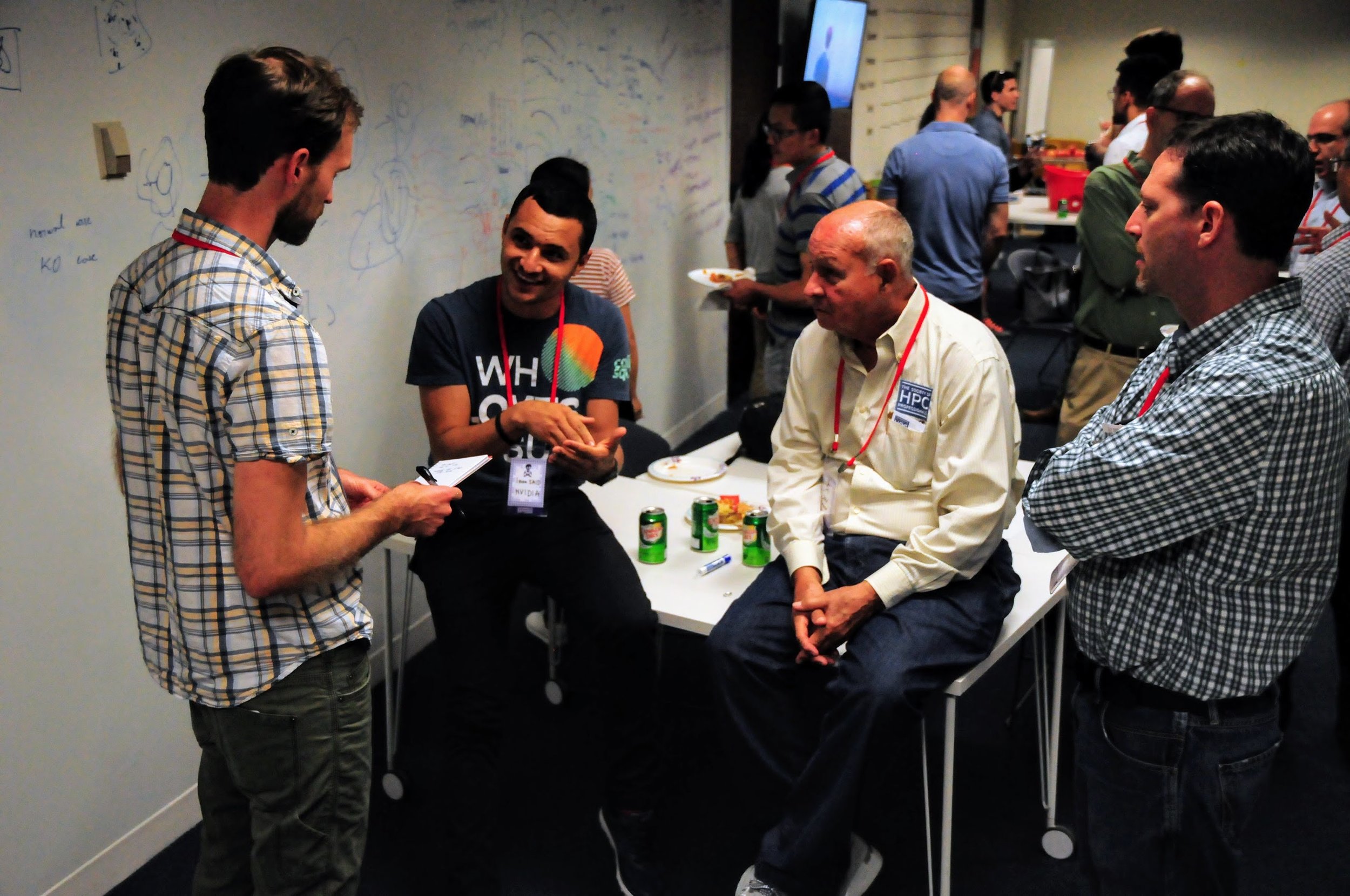
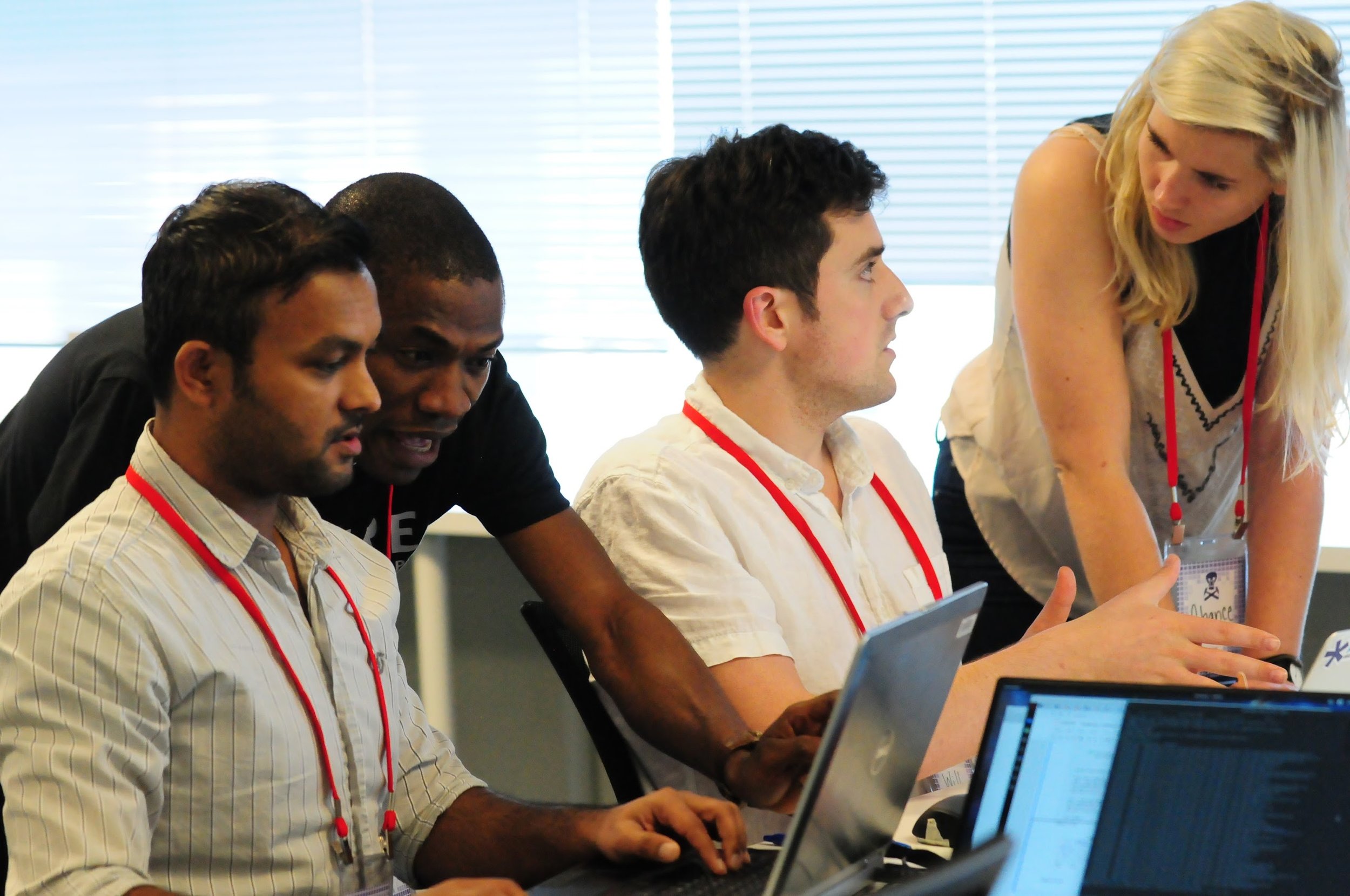
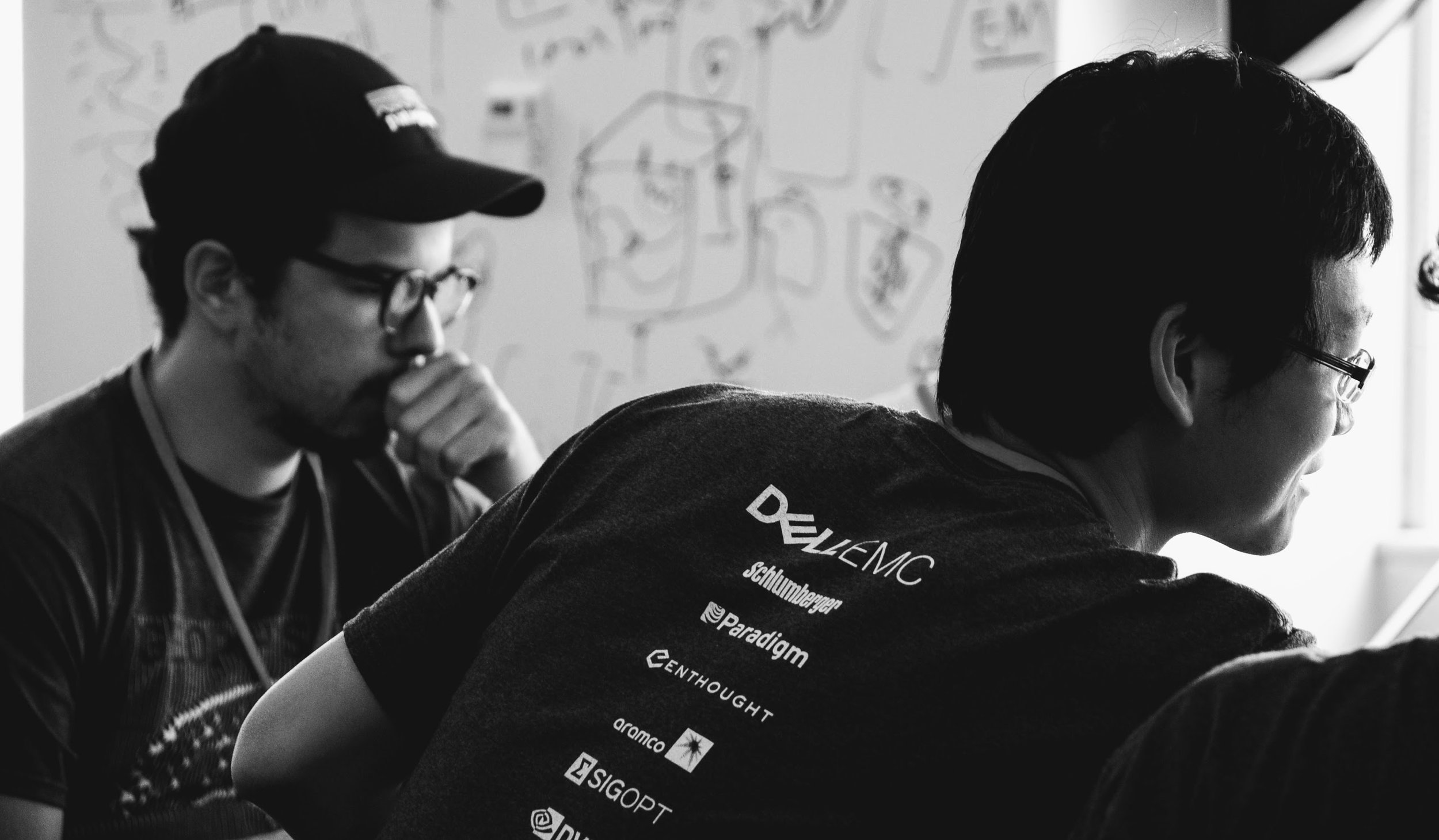
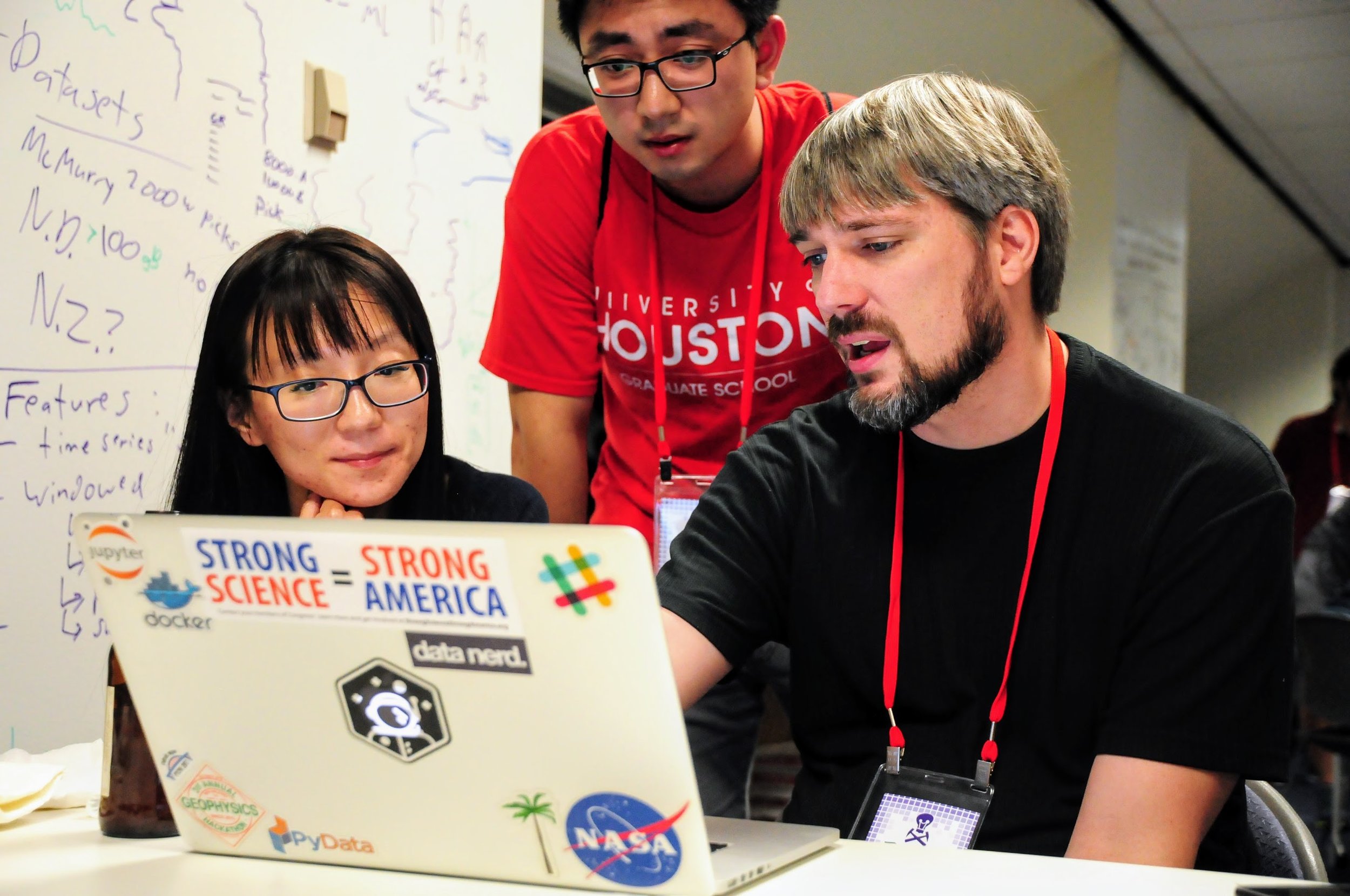
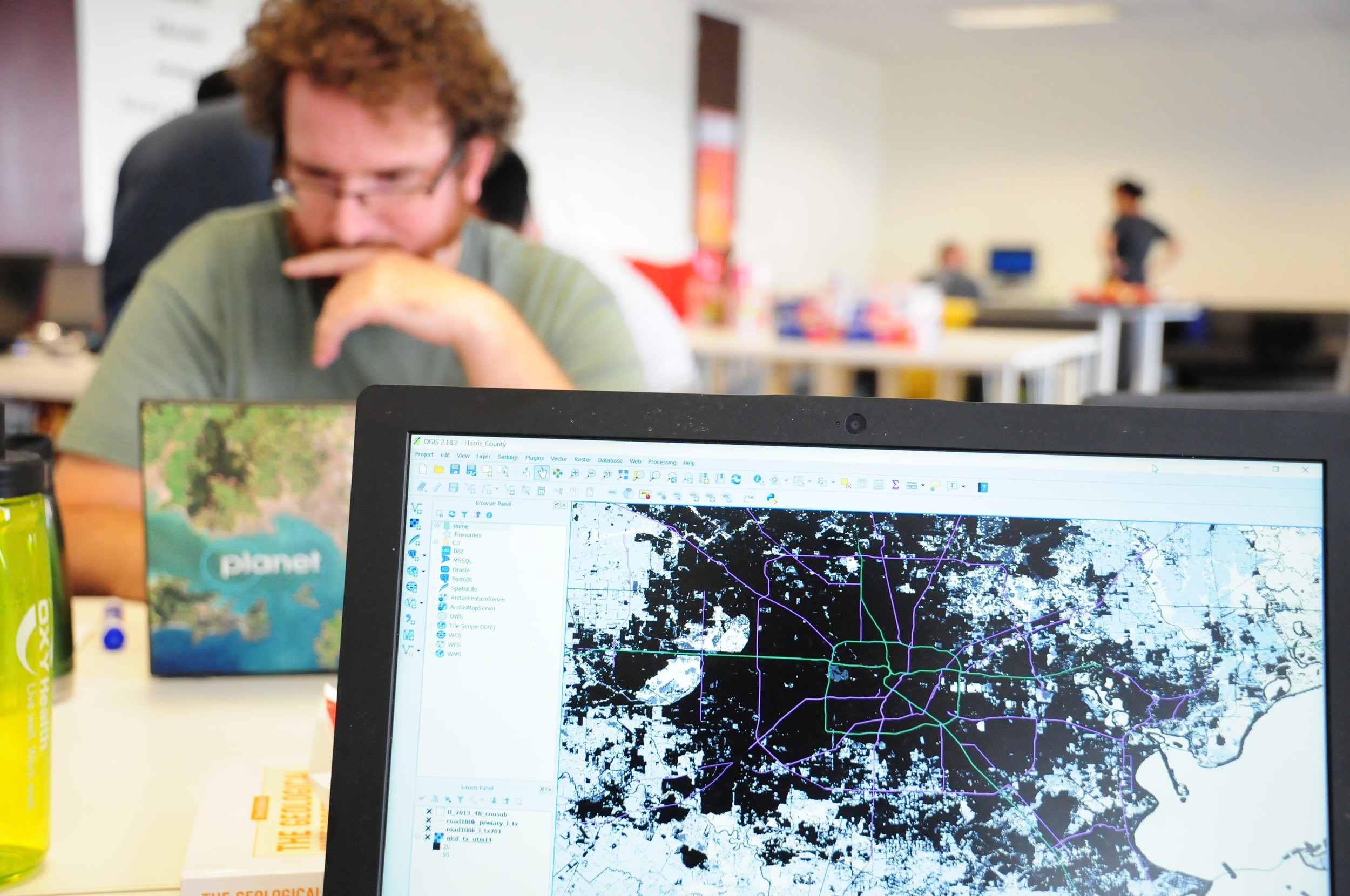
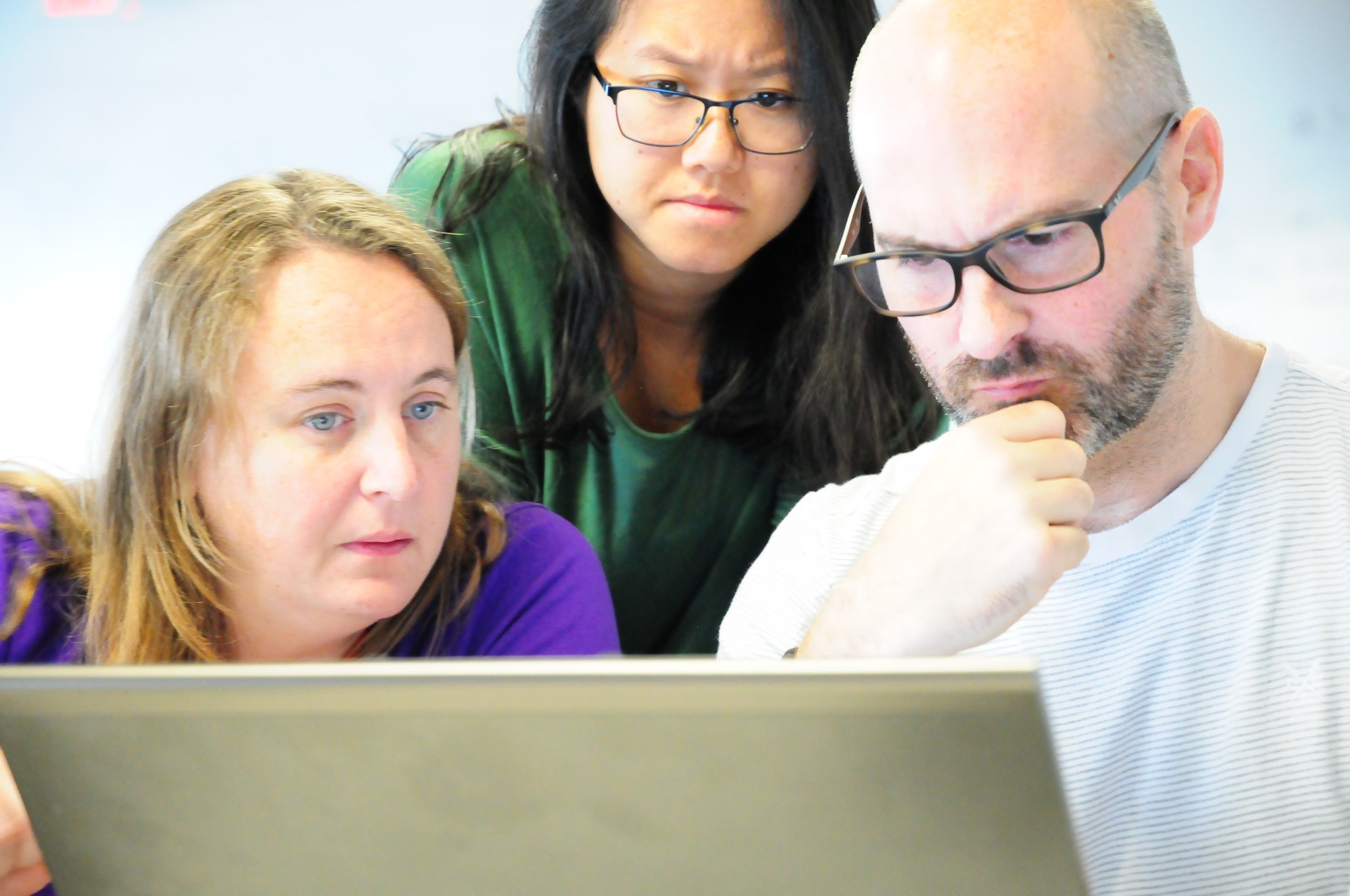
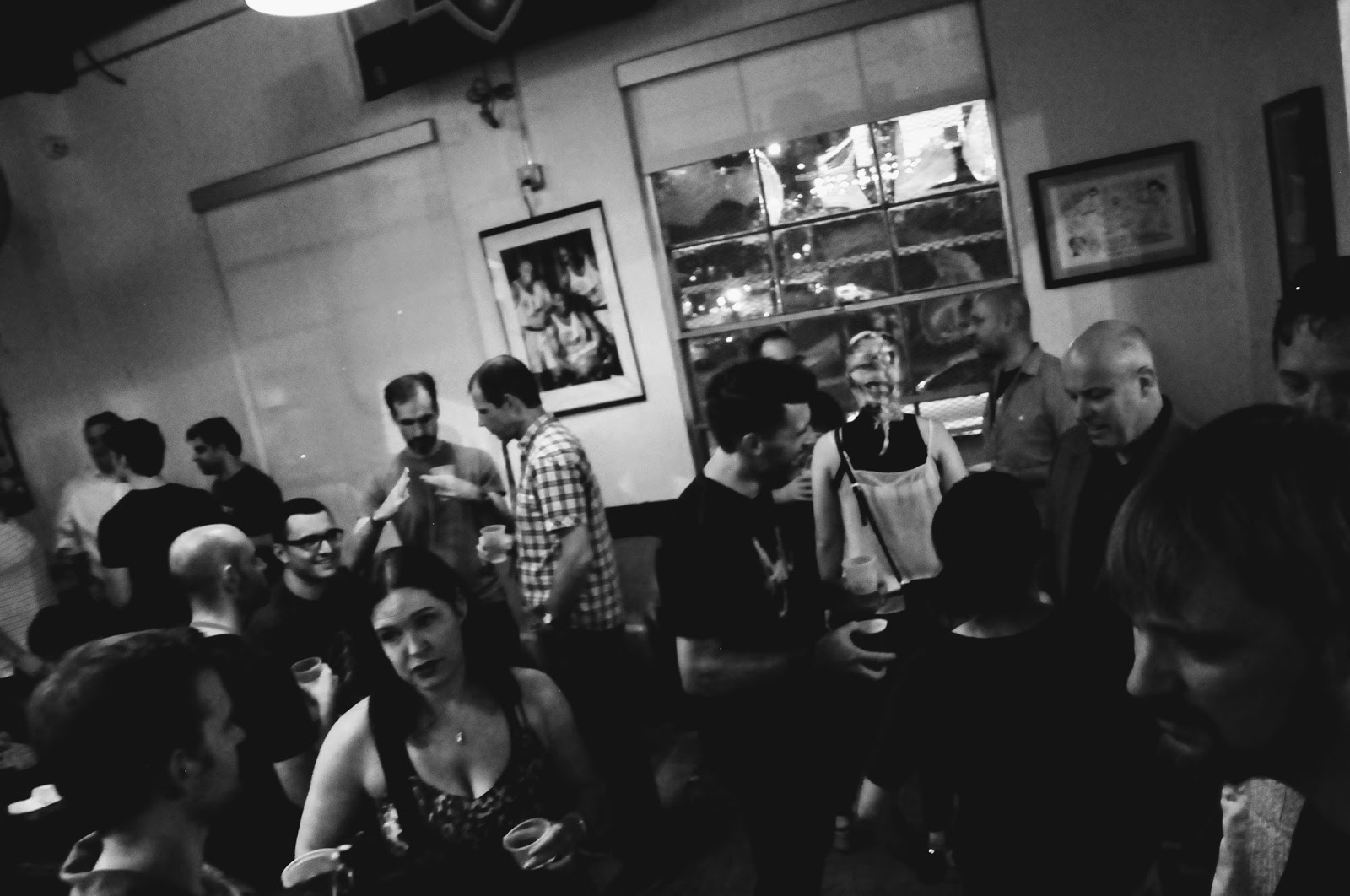
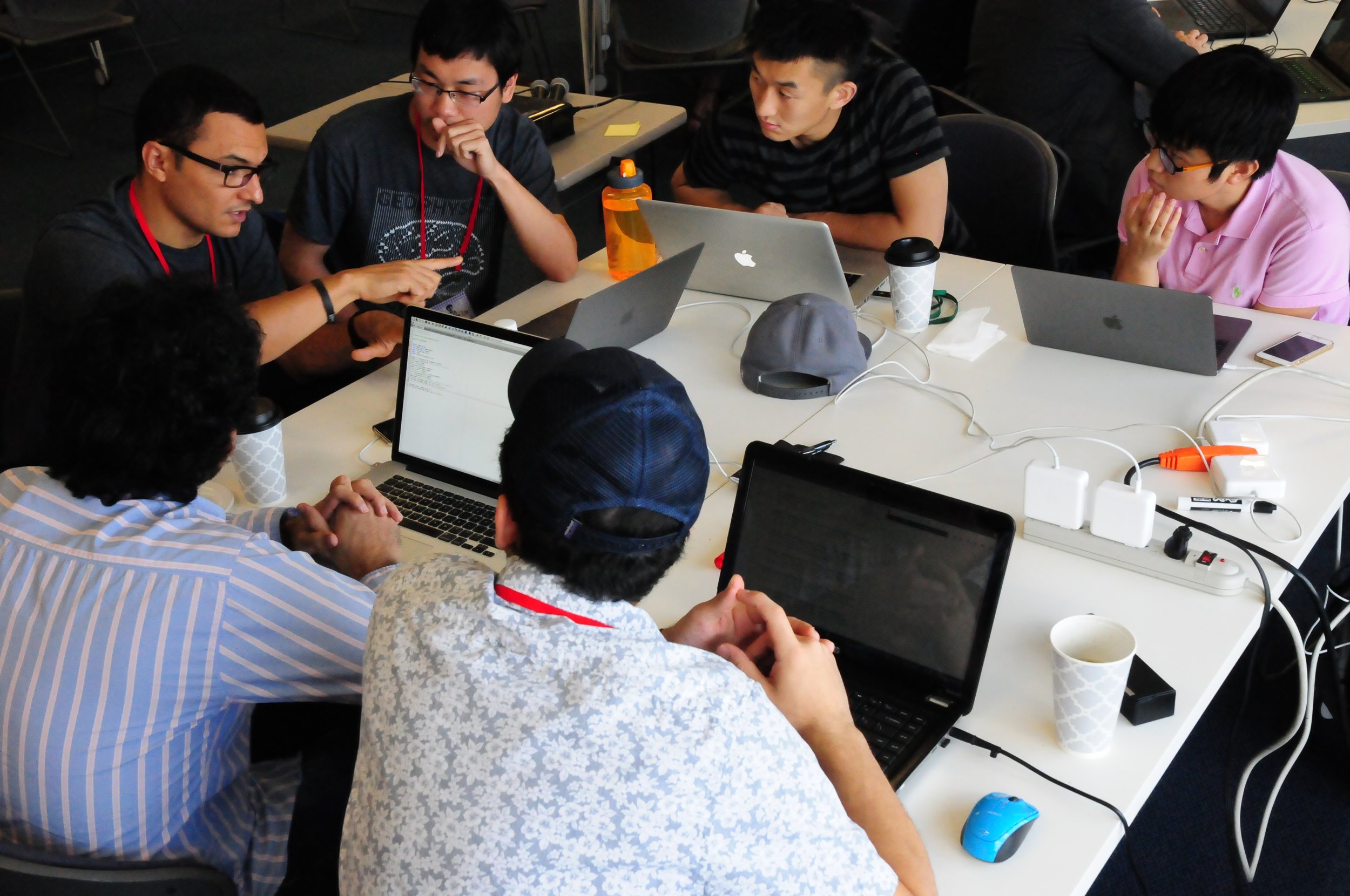
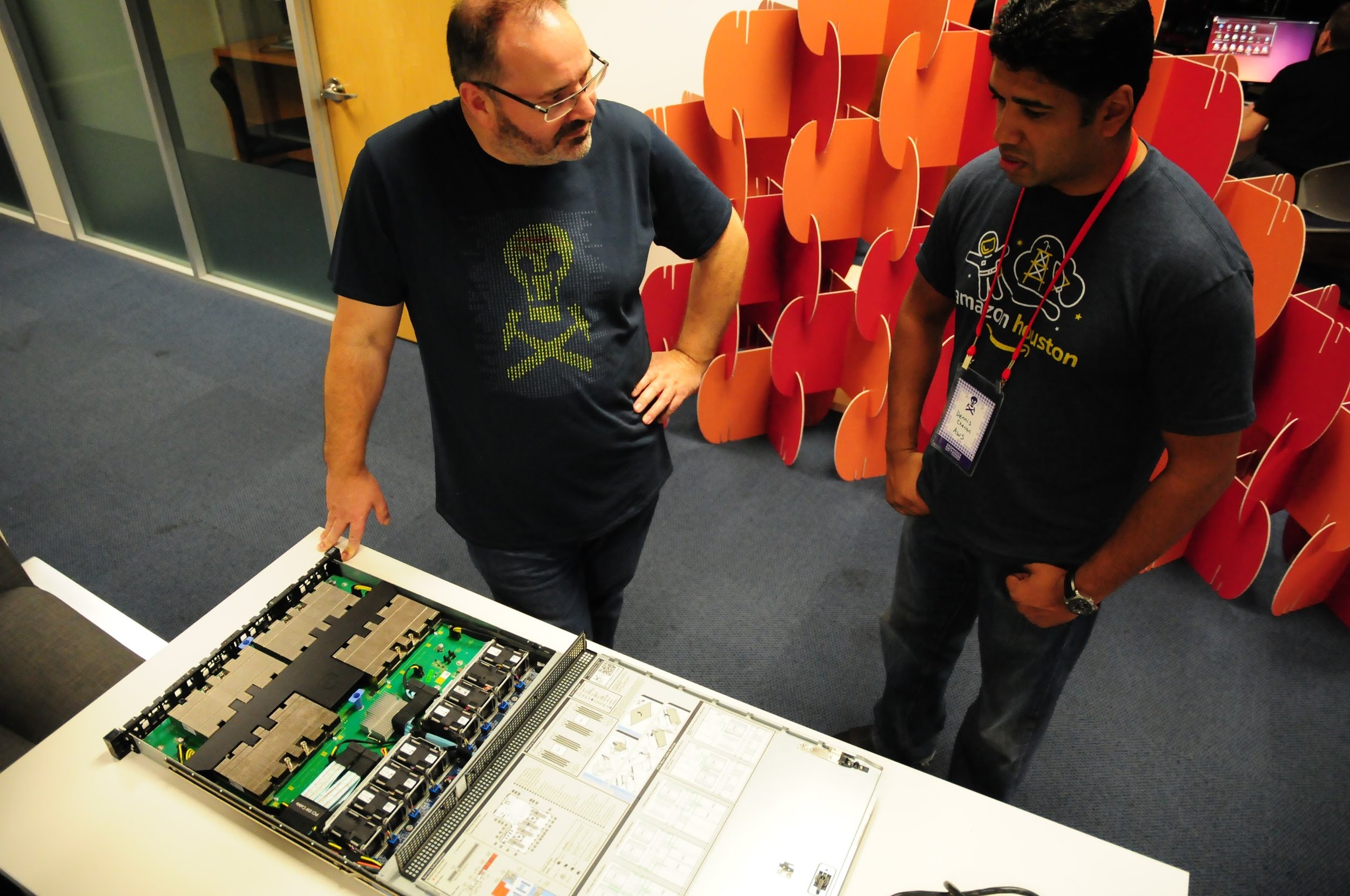
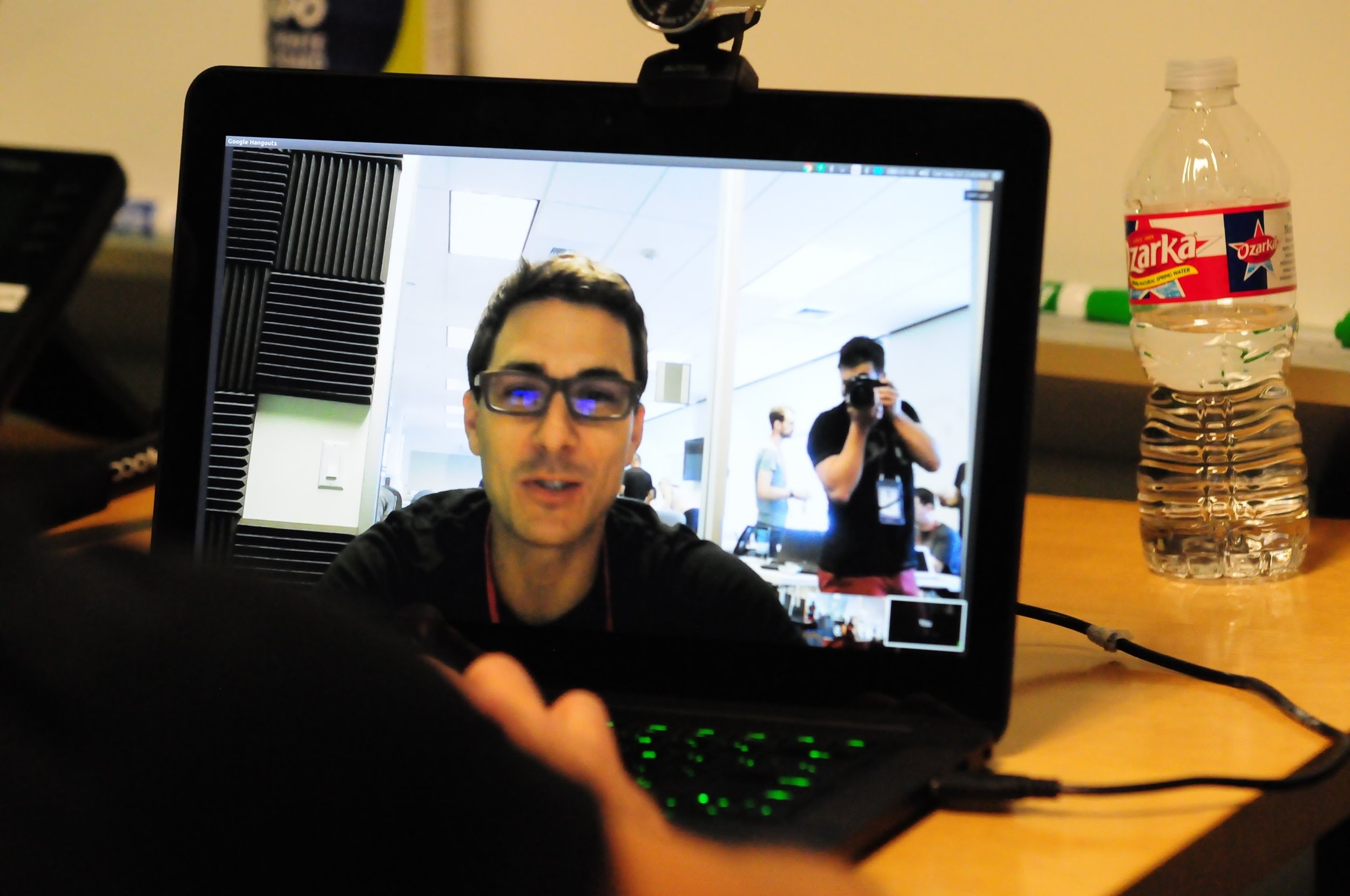
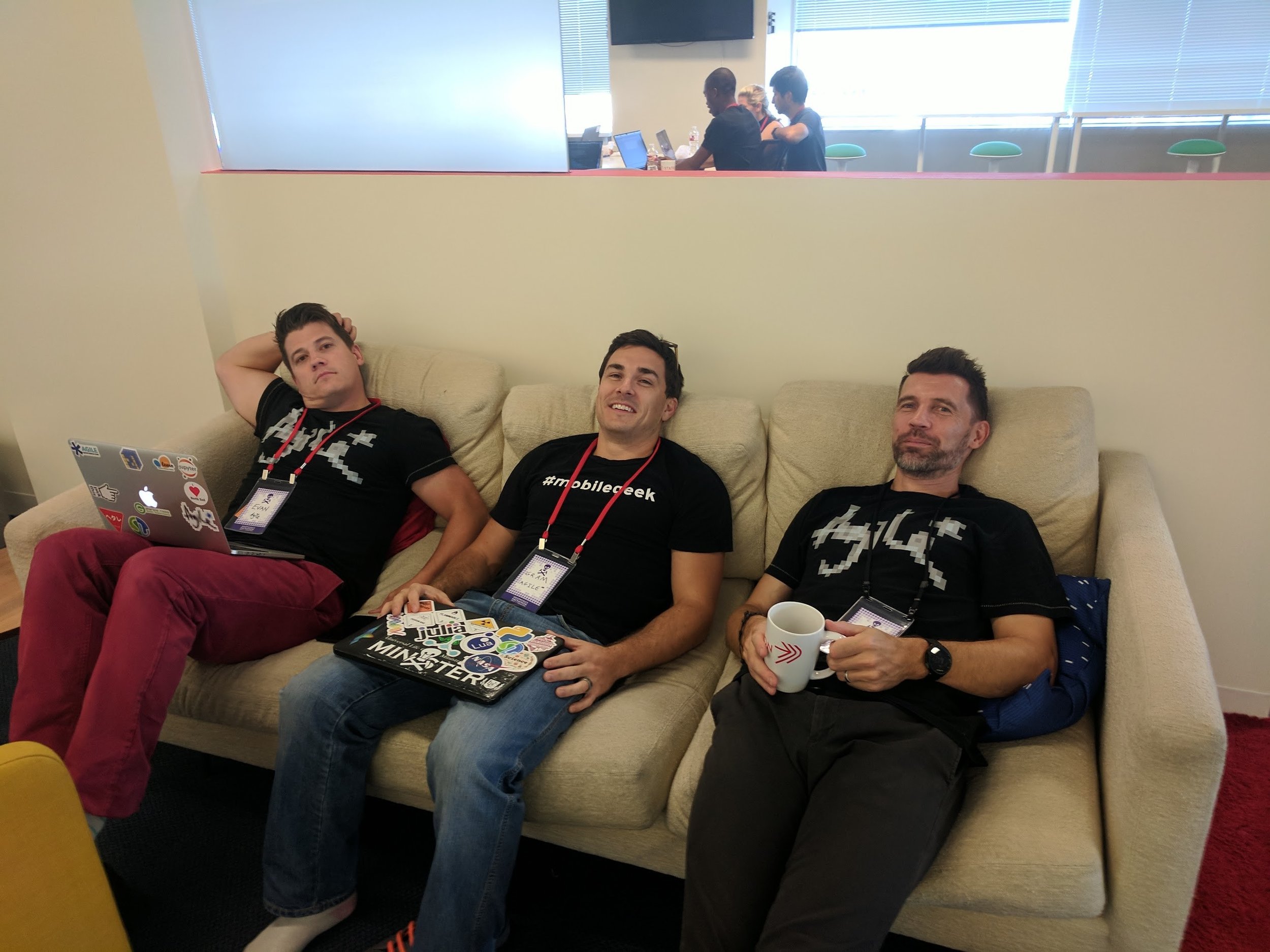
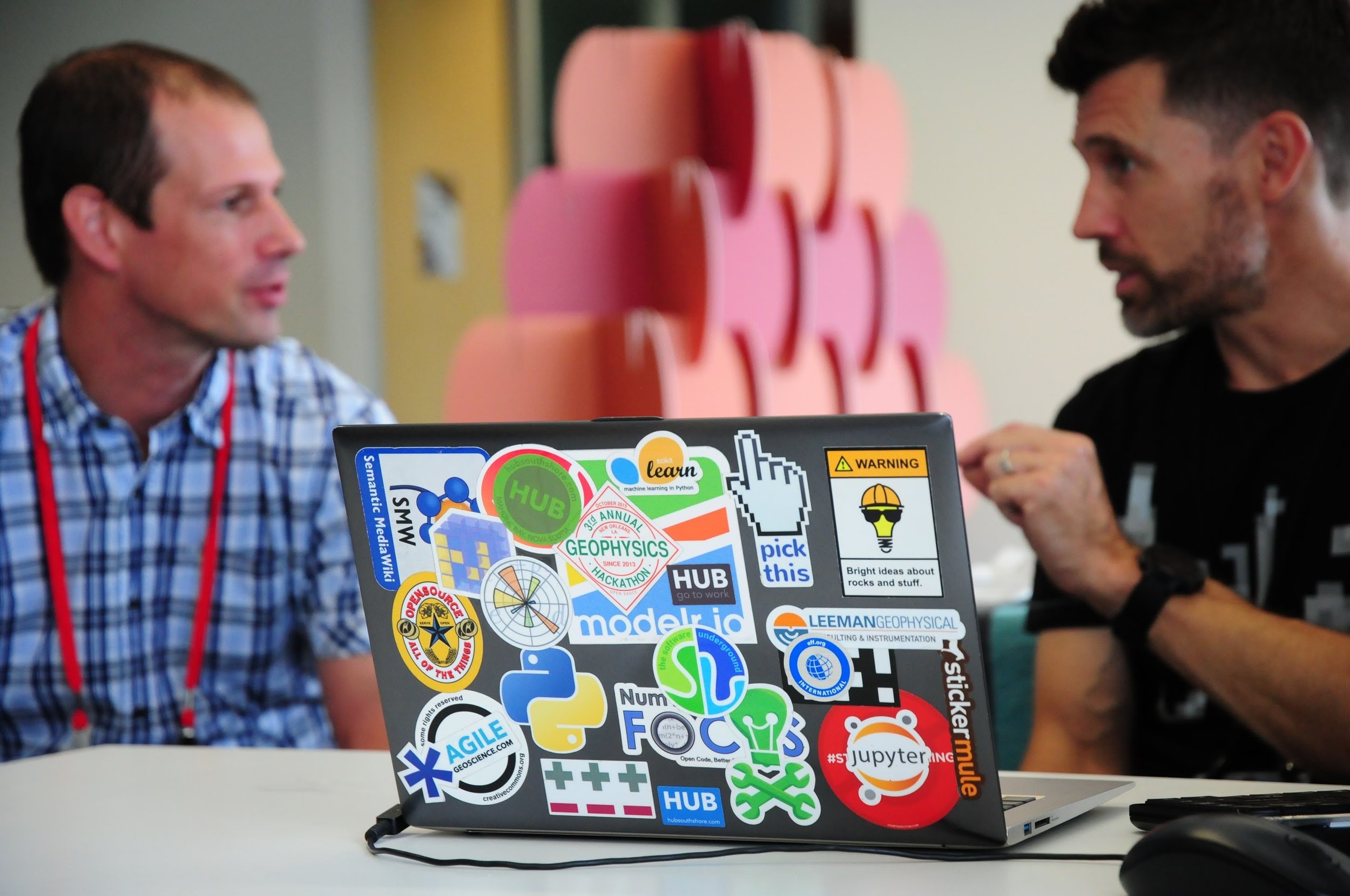
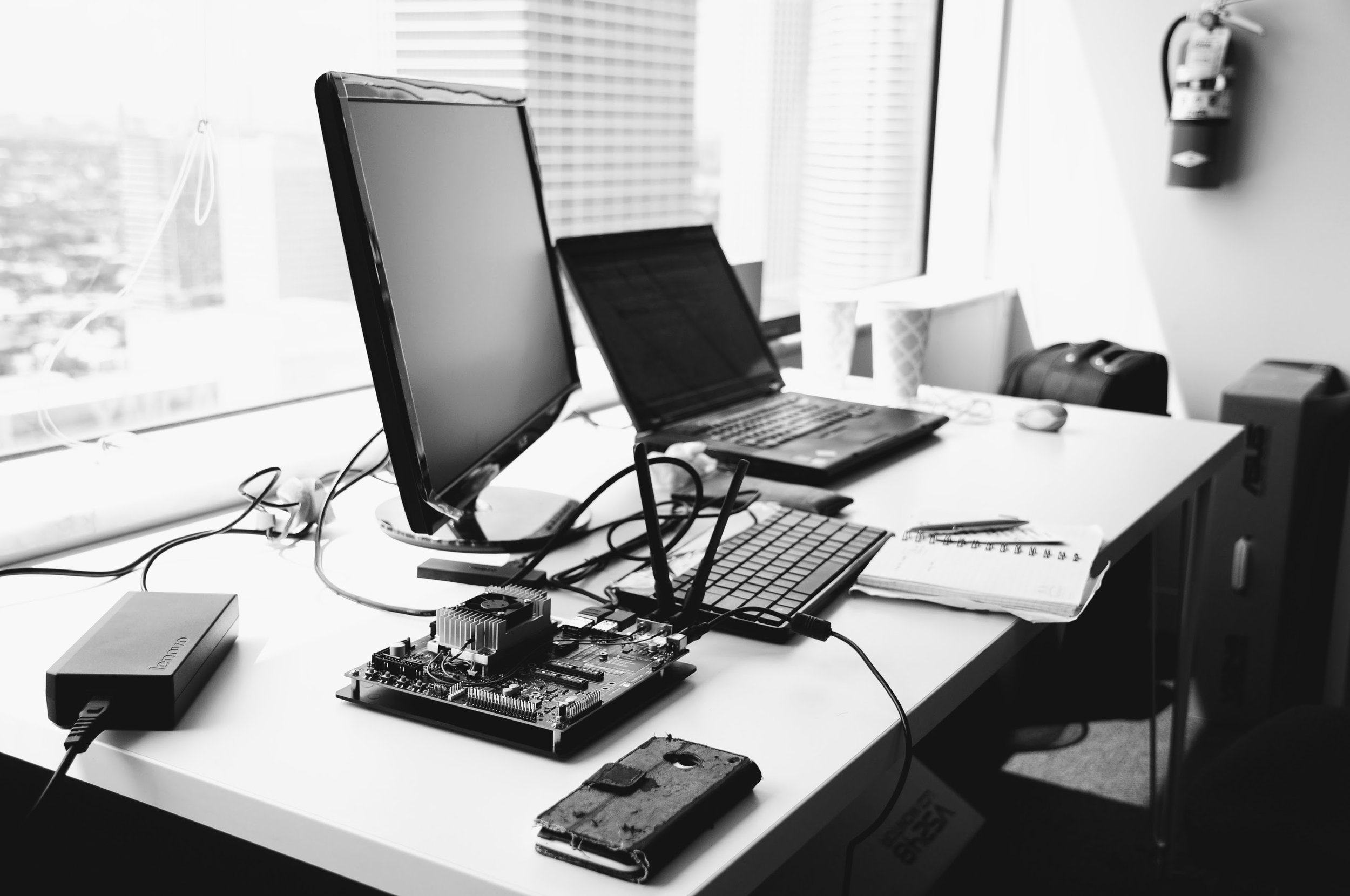
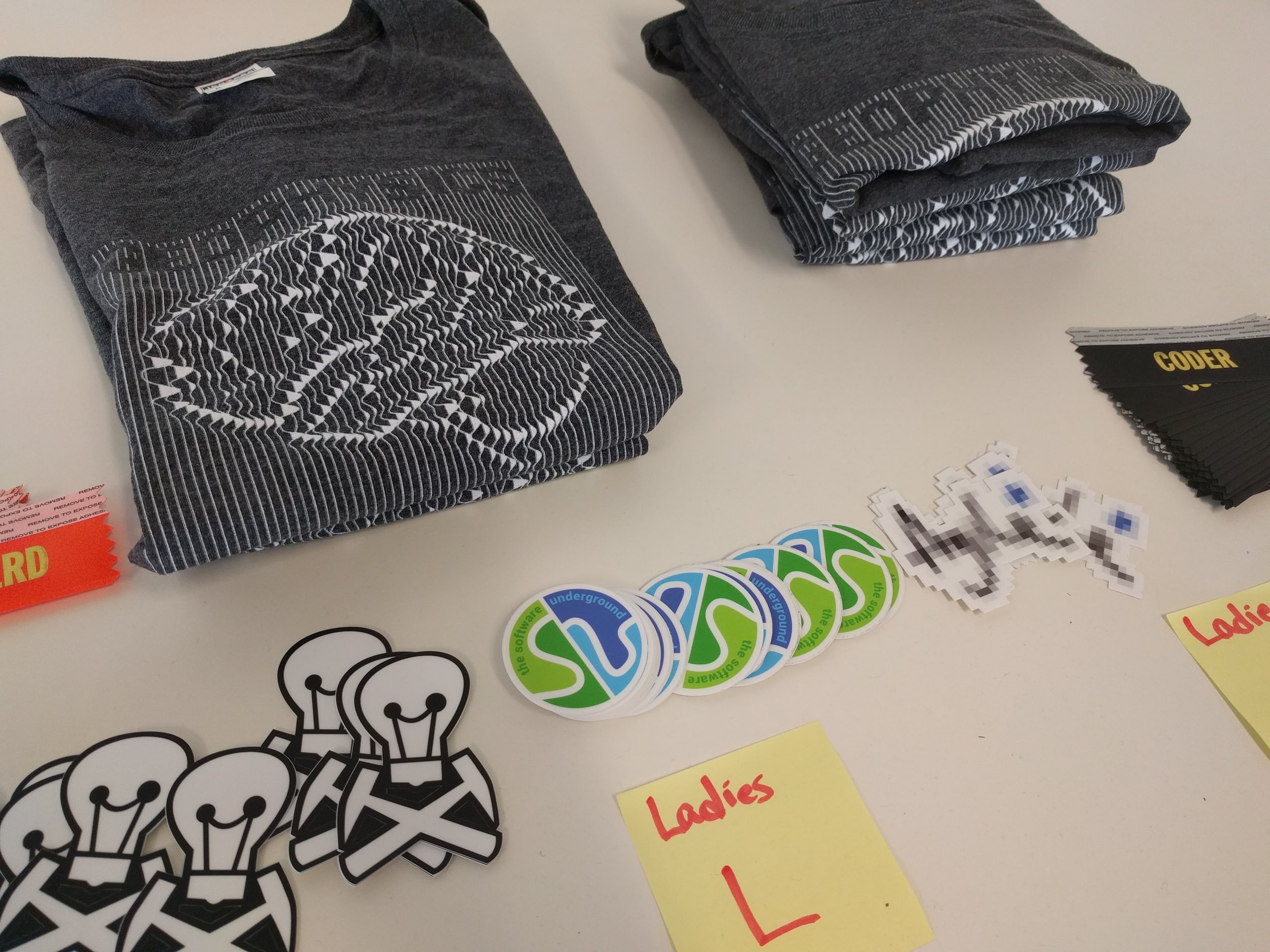
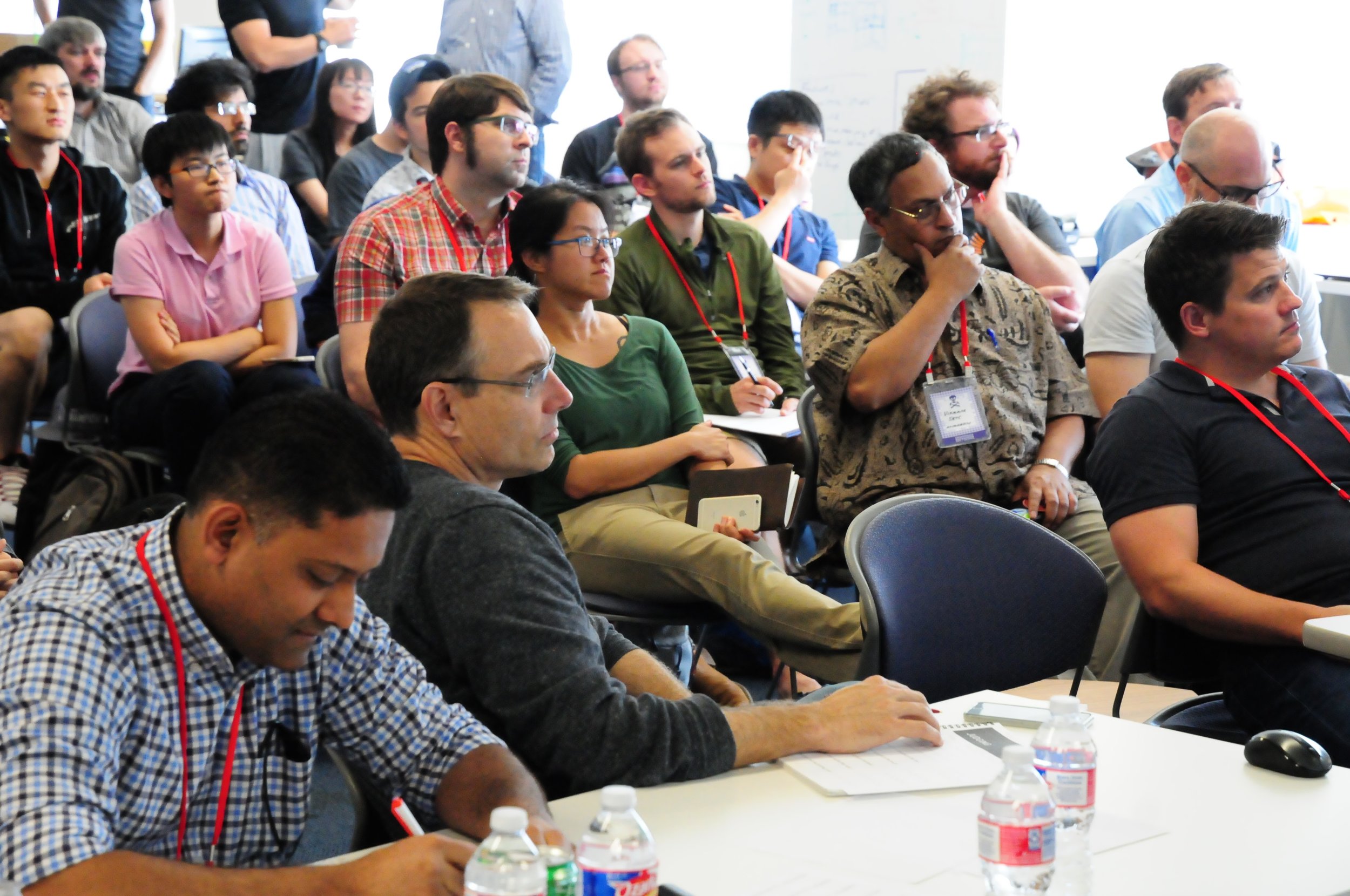
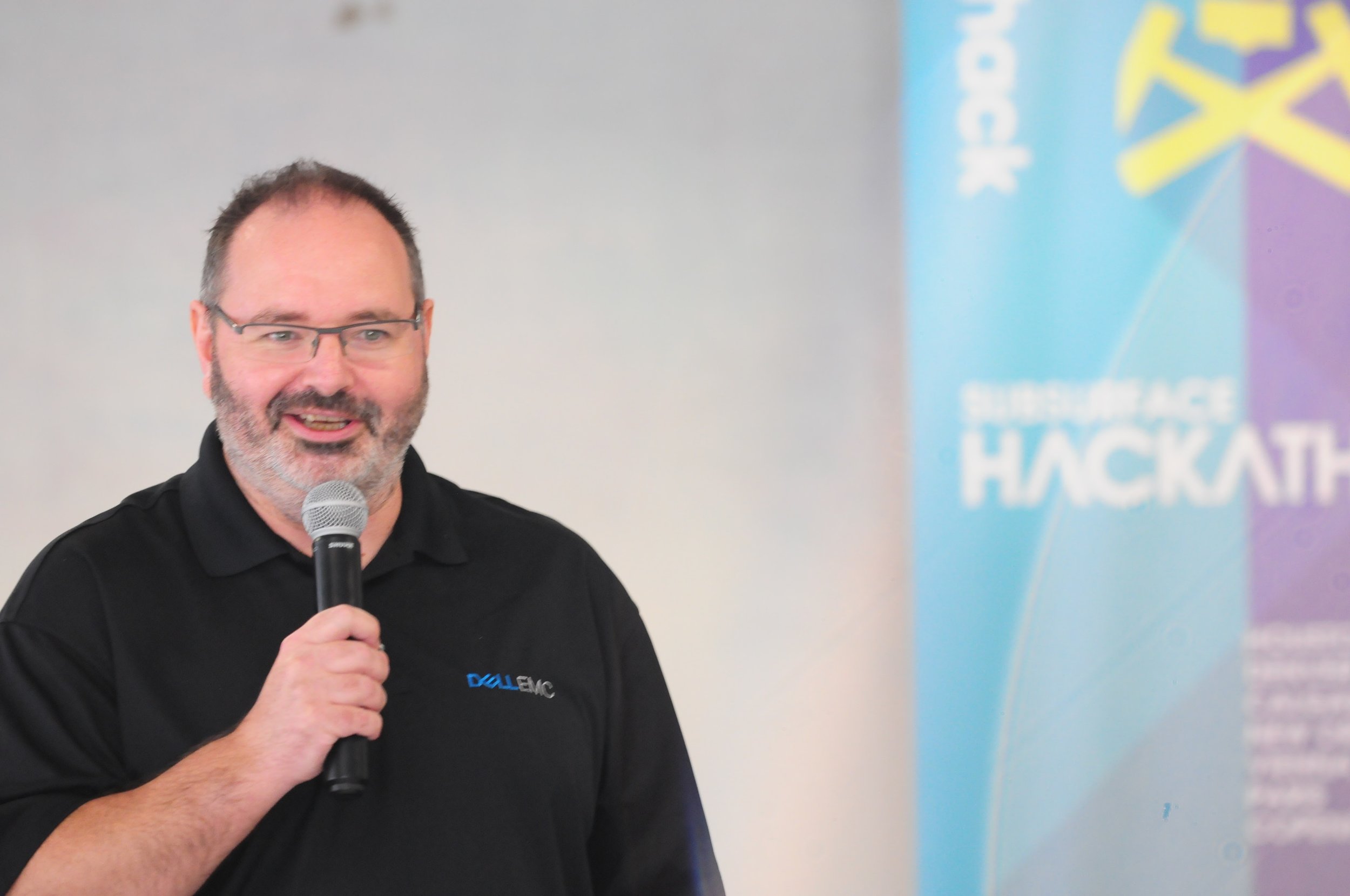
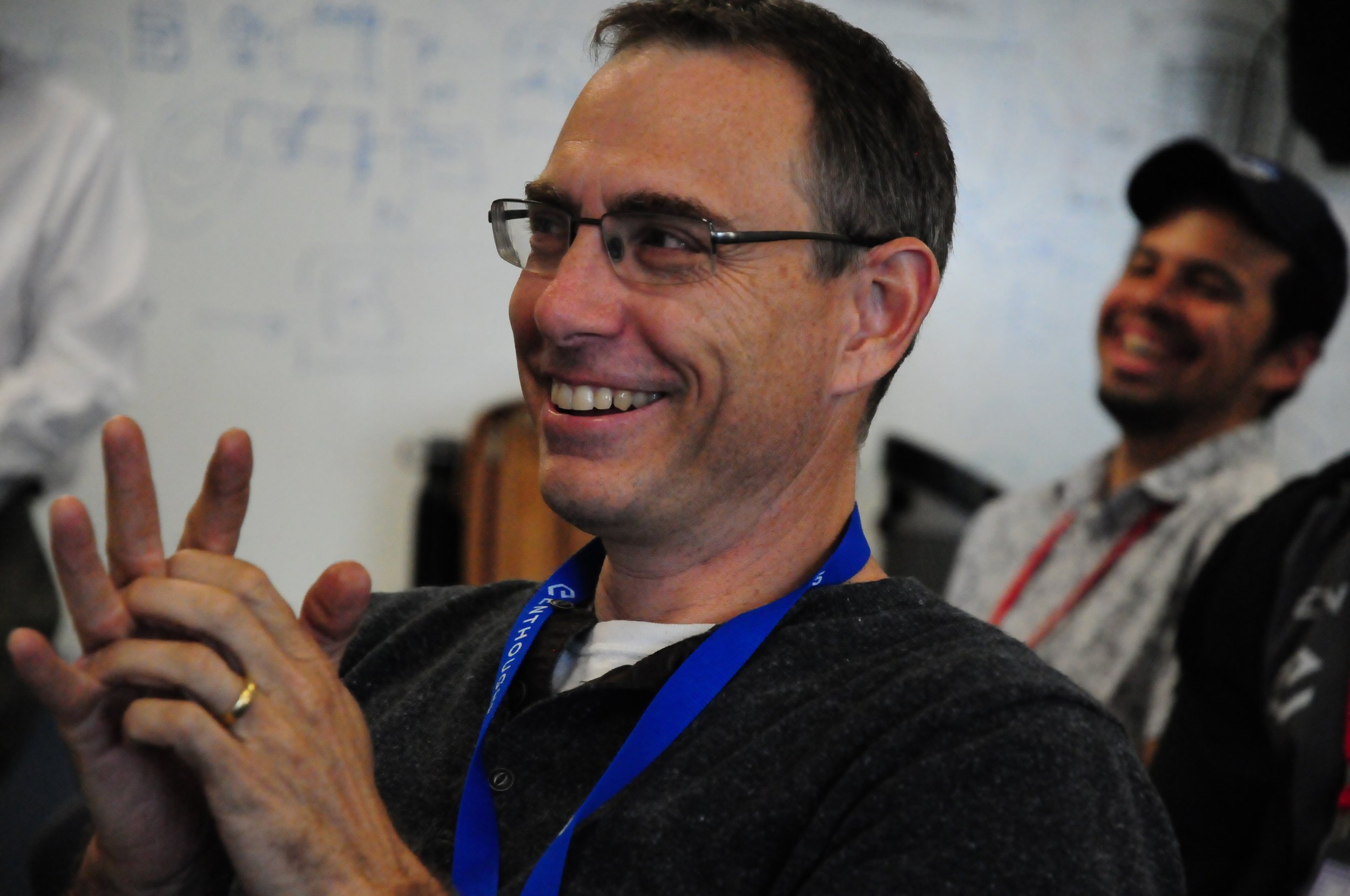
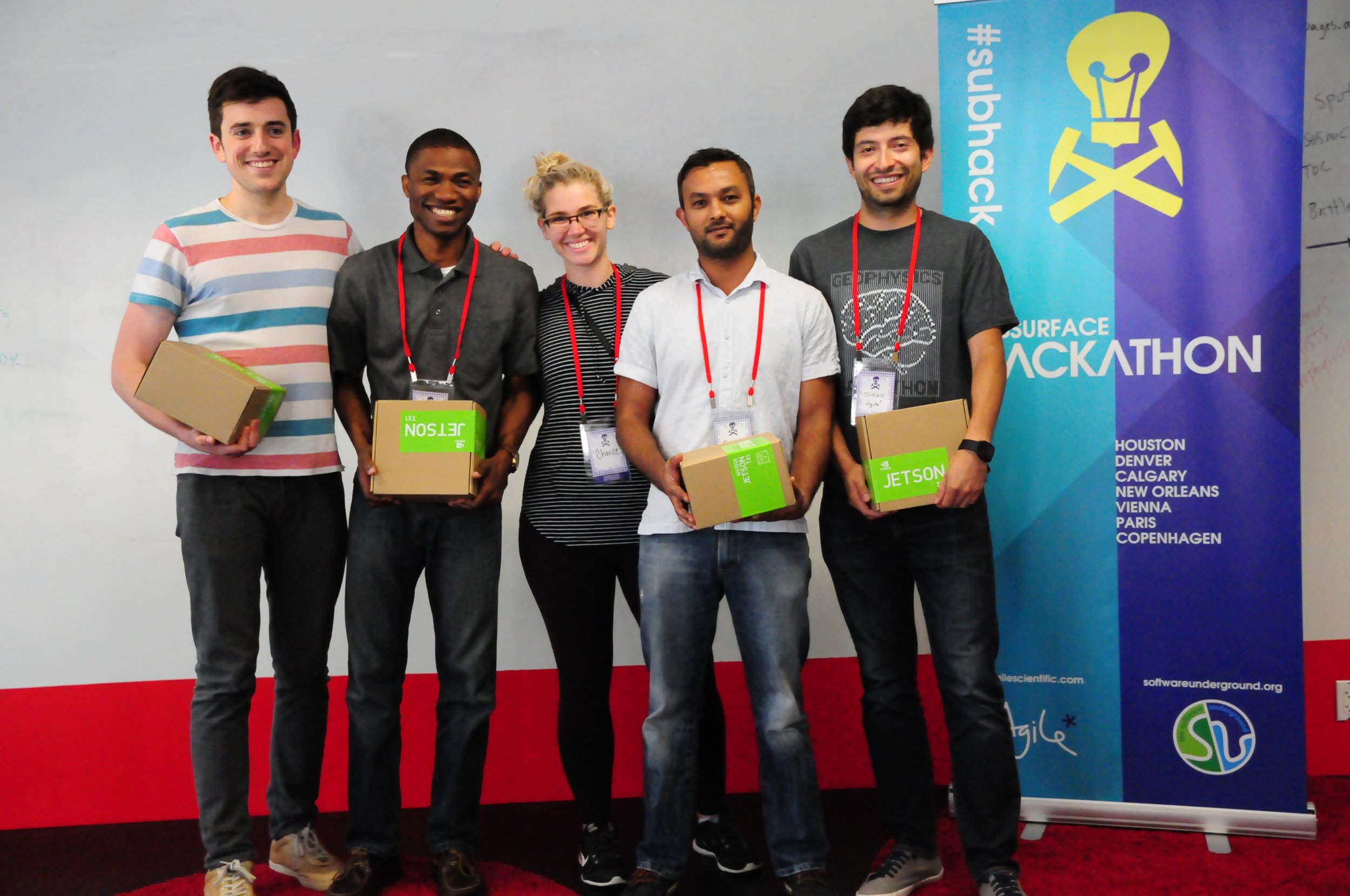
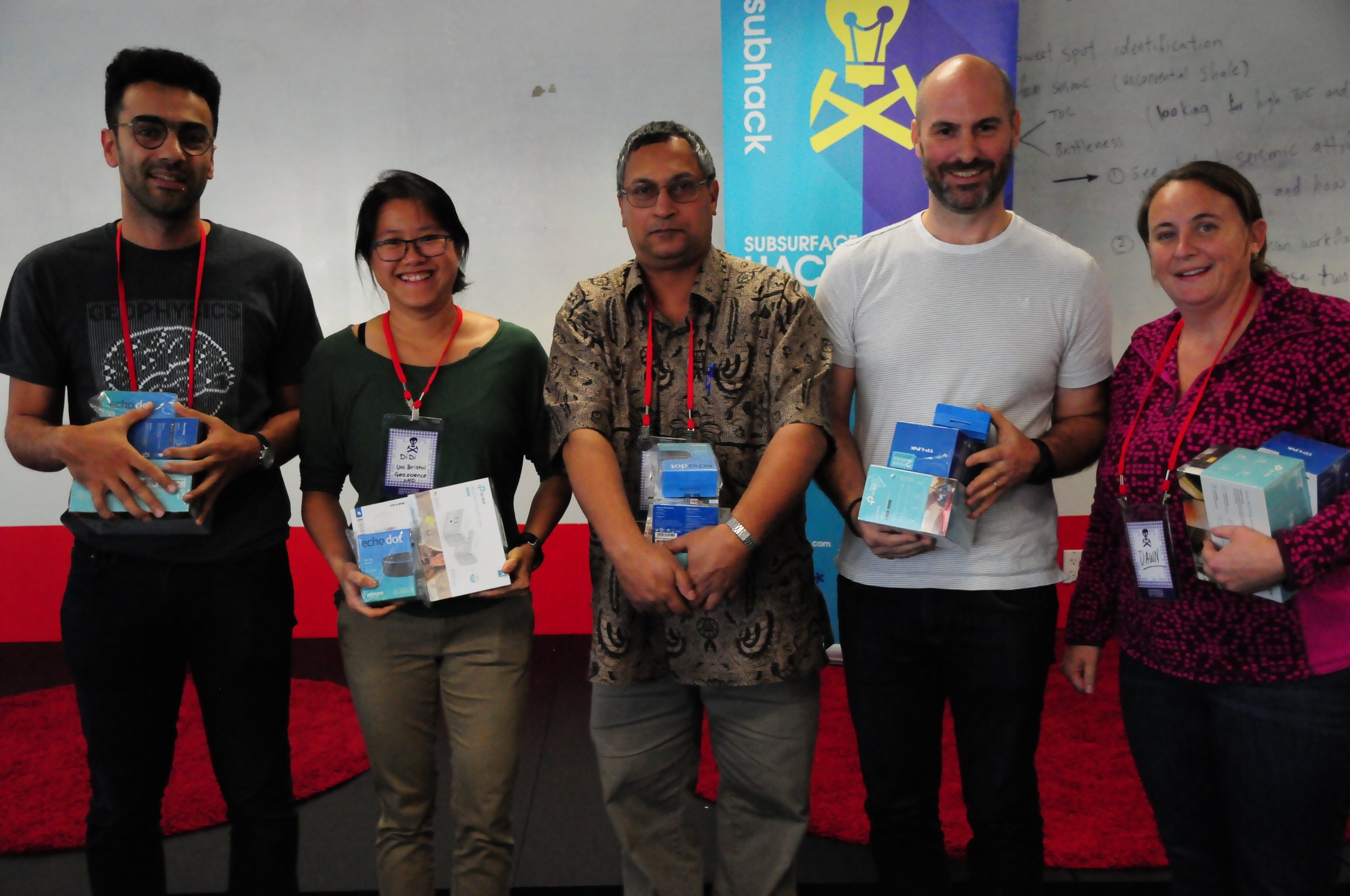









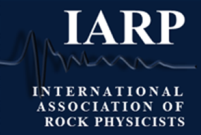









 Except where noted, this content is licensed
Except where noted, this content is licensed